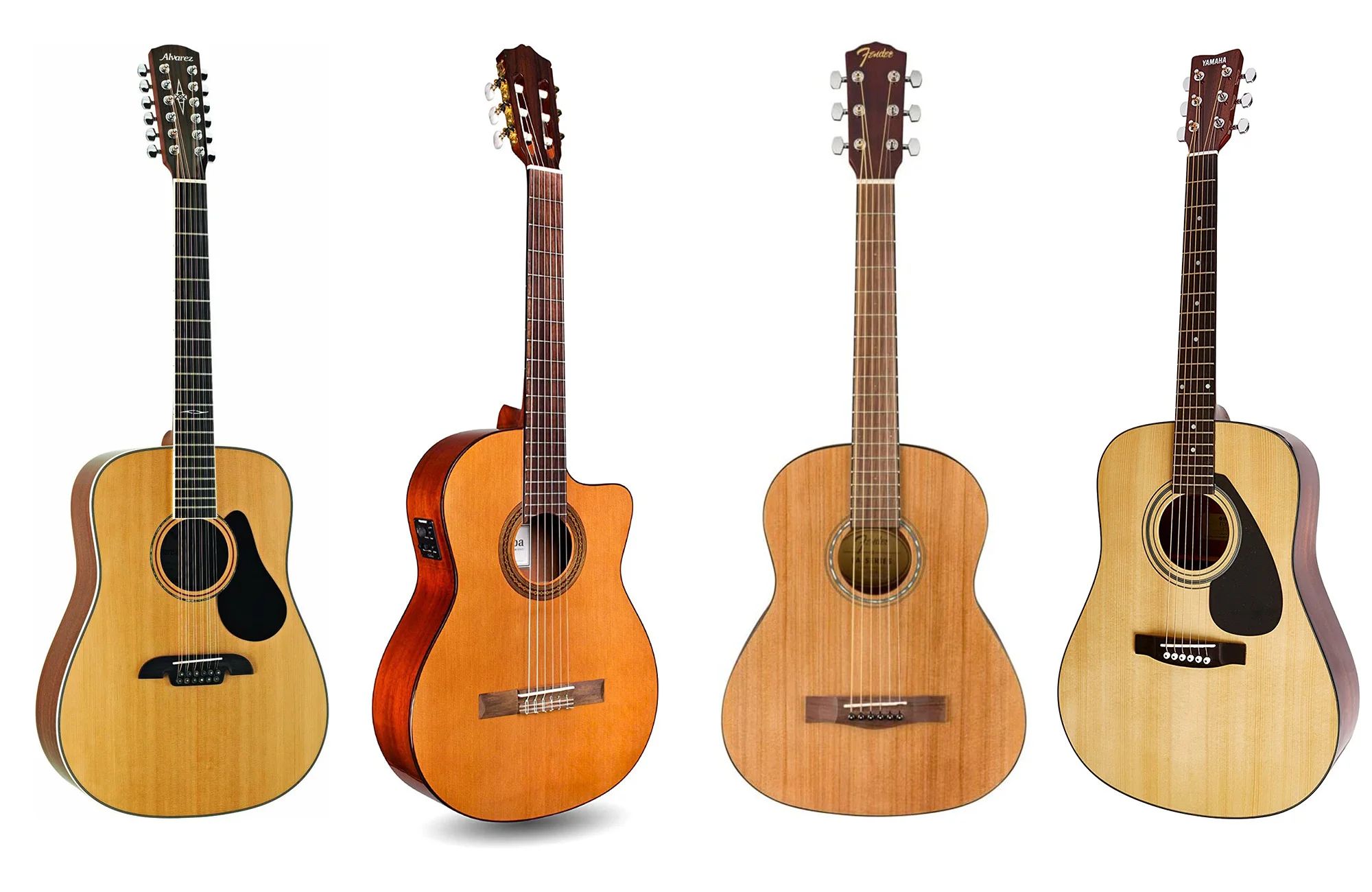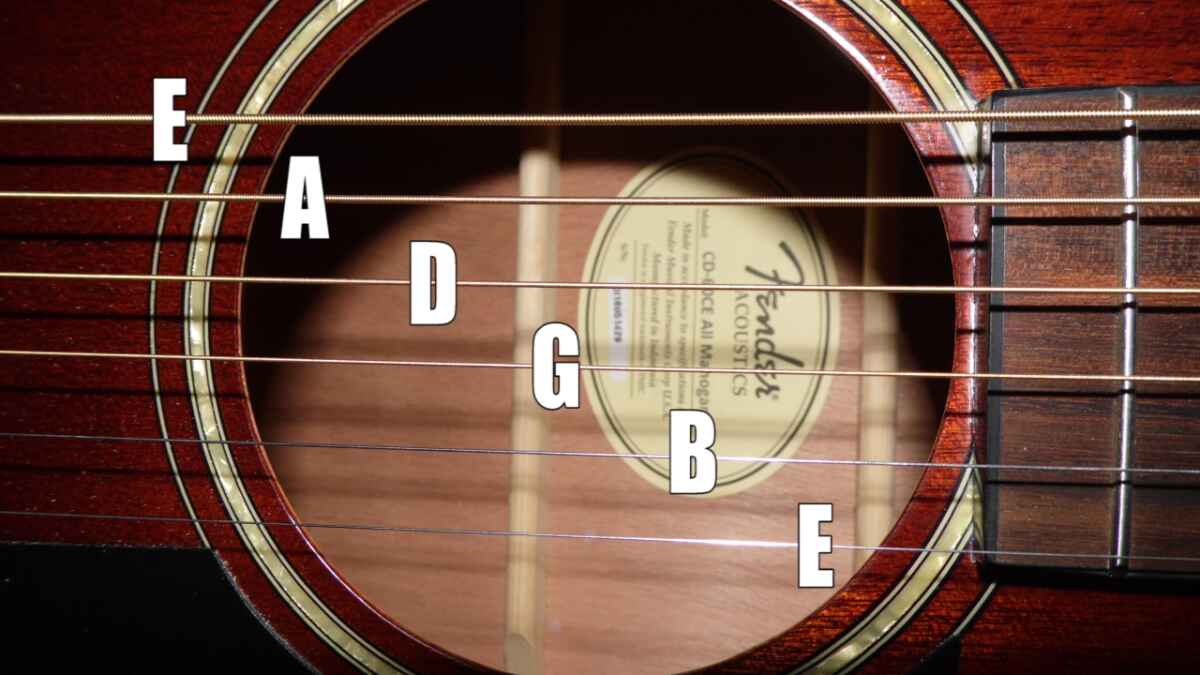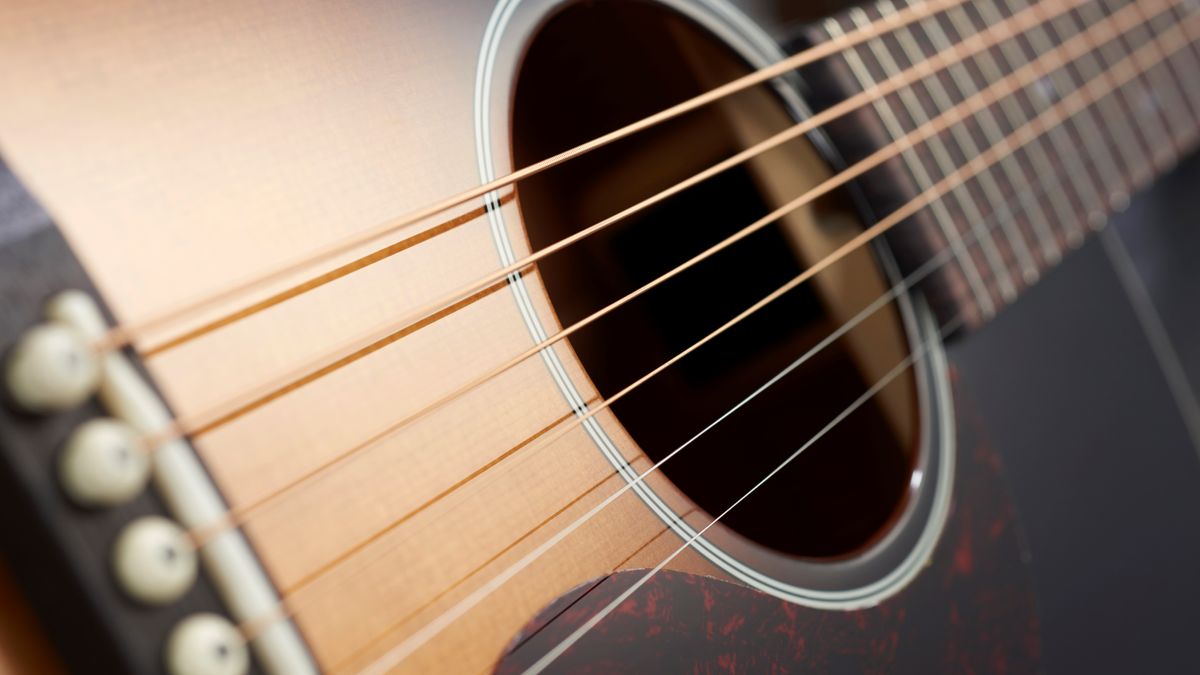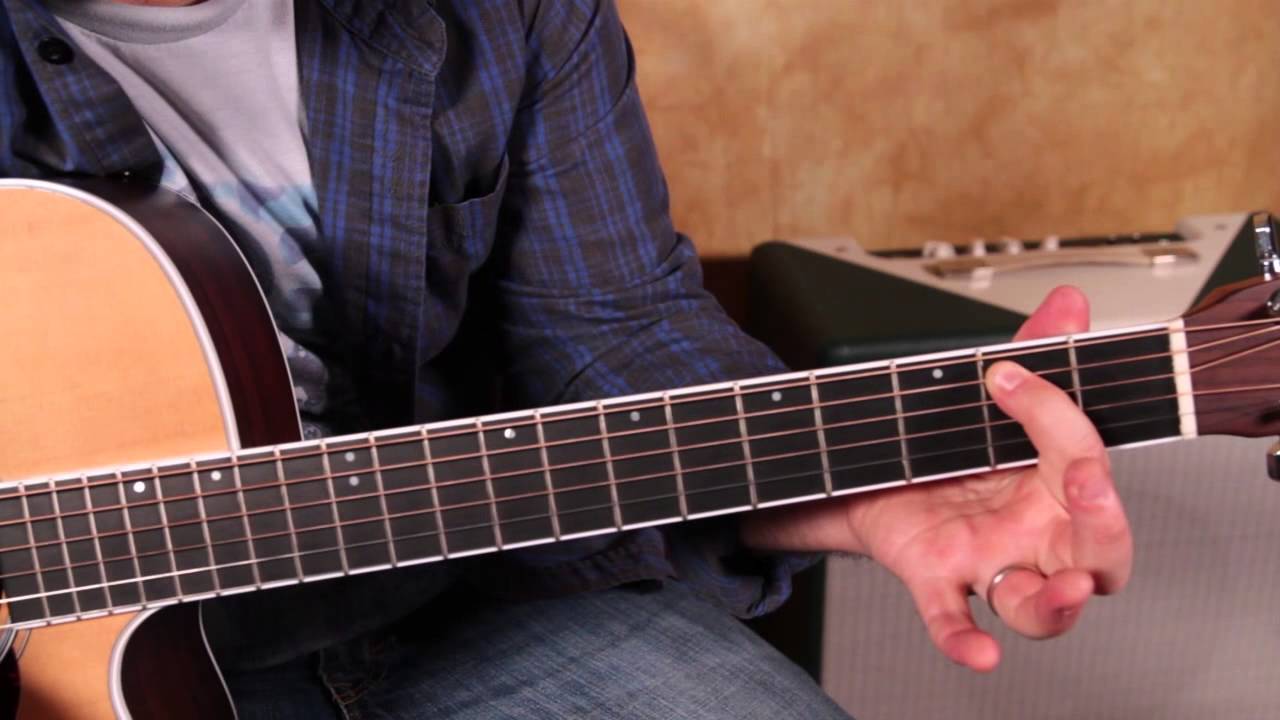Introduction
Introduction
So, you've just picked up your first acoustic guitar, and you're ready to embark on an exciting musical journey. Congratulations! As a beginner, you're undoubtedly eager to start strumming and plucking away, but before you do, there's an essential aspect of your instrument that you shouldn't overlook: the strings. The right set of strings can make a world of difference in your playing experience, affecting everything from tone and playability to comfort and durability.
In this guide, we'll explore the best strings for acoustic guitar beginners, shedding light on the various types available and providing recommendations to help you make an informed decision. Whether you're drawn to the warm, mellow sound of phosphor bronze or the bright, crisp tones of 80/20 bronze, we've got you covered. By the end of this article, you'll have a clearer understanding of the role that strings play in shaping your guitar's sound and feel, empowering you to select the perfect set for your musical aspirations.
The journey to becoming a proficient guitarist is filled with discovery and experimentation, and choosing the right strings is one of the first steps in crafting your unique sonic signature. So, grab your guitar, get comfortable, and let's dive into the world of acoustic guitar strings.
Importance of Choosing the Right Strings
As a novice guitarist, the importance of selecting the right strings for your acoustic guitar cannot be overstated. The strings are the direct link between your fingers and the instrument, significantly influencing your playing experience and the sound produced. Here’s why the choice of strings is crucial:
- Tone: The type of strings you choose has a profound impact on the tonal characteristics of your guitar. Different materials and construction methods yield distinct tones, allowing you to tailor your sound to suit your musical preferences.
- Playability: The gauge and tension of the strings directly affect how the guitar feels under your fingers. Lighter gauge strings are generally easier to fret, making them ideal for beginners who are still developing finger strength and dexterity.
- Comfort: The comfort of your playing experience is closely tied to the strings you use. Finding a set that feels comfortable under your fingers can make practice sessions more enjoyable and encourage longer playing durations.
- Durability: Quality strings not only sound good but also last longer. This is particularly important for beginners who may not yet be adept at changing strings frequently.
Ultimately, the right strings can inspire and motivate you to practice and improve, while the wrong ones can hinder your progress and dampen your enthusiasm. Understanding the significance of choosing the appropriate strings will empower you to make an informed decision that enhances your musical journey.
Types of Guitar Strings
When it comes to acoustic guitar strings, there are several types to consider, each offering unique characteristics that can profoundly influence your playing experience and the sound of your instrument. Here are the primary types of guitar strings commonly available for beginners:
- Phosphor Bronze: Renowned for their warm and rich tone, phosphor bronze strings are a popular choice among acoustic guitarists. They offer a well-balanced sound with crisp highs and full, resonant lows, making them versatile for various playing styles and musical genres.
- 80/20 Bronze: Also known as bronze or brass strings, 80/20 bronze strings are favored for their bright and vibrant sound. They produce pronounced highs and clear, ringing trebles, making them well-suited for genres that benefit from a more articulate and cutting tone.
- Silk and Steel: Ideal for beginners and fingerstyle players, silk and steel strings feature a softer feel and mellow tone. They are gentler on the fingertips and produce a subdued, sweet sound, making them well-suited for folk, blues, and lighter acoustic music.
- Nylon: Commonly used on classical and flamenco guitars, nylon strings offer a soft, smooth feel and a warm, classical tone. They are easier on the fingers and produce a mellower sound, making them suitable for fingerstyle playing and classical music.
Each type of string has its own sonic characteristics and feel, allowing you to tailor your guitar’s sound to match your musical preferences and playing style. As a beginner, experimenting with different types of strings can be an enlightening experience, providing valuable insights into how various materials and constructions influence the overall sound and playability of your instrument.
Best Strings for Acoustic Guitar Beginners
As a novice acoustic guitarist, selecting the right strings can significantly impact your learning journey and overall enjoyment of playing. Here are some top recommendations for the best strings tailored to beginners:
- D’Addario EJ16 Phosphor Bronze: These strings are renowned for their balanced tone and durability, making them an excellent choice for beginners. The phosphor bronze composition delivers a warm and well-rounded sound, while the light gauge ensures comfortable playability, making fretting and chord transitions more manageable.
- Elixir Nanoweb 80/20 Bronze: Elixir’s Nanoweb coating technology sets these strings apart by providing extended tone life and protection against corrosion, ideal for beginners who may not change strings frequently. The 80/20 bronze construction offers a bright and vibrant sound, making these strings suitable for various musical styles.
- Martin Authentic Acoustic SP 80/20 Bronze: Martin’s SP strings are known for their reliability and consistent performance. The 80/20 bronze composition produces clear and articulate tones, while the light gauge ensures ease of play, making them well-suited for beginners honing their skills.
- Ernie Ball Earthwood Phosphor Bronze: These strings are lauded for their rich and expressive tone, making them a popular choice for beginners seeking a well-rounded sound. The phosphor bronze construction offers warmth and clarity, while the light gauge facilitates smooth playability, ideal for those new to the instrument.
These recommended strings are selected based on their balance of tone, playability, and durability, catering specifically to the needs of beginners. By investing in high-quality strings from reputable brands, novice guitarists can enhance their playing experience, cultivate good playing habits, and develop their musical skills with confidence.
Conclusion
Choosing the right strings for your acoustic guitar is a fundamental aspect of your musical journey as a beginner. The strings not only influence the sound and playability of your instrument but also impact your overall comfort and enjoyment while playing. By understanding the various types of strings available and considering the specific needs of novice guitarists, you can make an informed decision that aligns with your musical aspirations.
As you explore the world of acoustic guitar strings, remember that the choice is highly personal, and what works for one player may not necessarily work for another. It’s essential to experiment with different types and brands of strings to discover the combination that best complements your playing style and musical preferences.
Investing in quality strings from reputable manufacturers ensures that you receive a reliable and consistent product, setting a solid foundation for your musical endeavors. Additionally, prioritizing playability and comfort by selecting light gauge strings can ease the learning process and encourage longer practice sessions, ultimately contributing to your growth as a guitarist.
Ultimately, the journey of a beginner acoustic guitarist is filled with learning, exploration, and self-discovery. By embracing the significance of selecting the right strings and leveraging the recommendations provided, you can embark on your musical odyssey with confidence, knowing that your instrument is equipped with strings that complement your evolving skills and artistic expression.

























